The ABCDEs of Skin Cancer: Symptoms, Types, and Diagnosis
The ABCDE rule for skin cancer symptoms does throw much light on the identification of potential skin cancers. The letters stand for “ Asymmetrical, Border, Color, Diameter, Evolving.” A new or even changing spot or mole on one’s skin can be a sign of cancer.
Cancer of the skin is indeed the most common cancer, with melanoma leading to the majority of skin cancer deaths. Skin Cancer Symptoms if spotted early means successful treatment and also a positive outcome.
What is skin cancer?
Cancer occurs when cells start to multiply uncontrollably, forming tumors. Cancer can of course develop anywhere in one’s body, including the skin.
There are three main types of skin cancer:
- Squamous cell cancer: This is of course cancer that tends to develop in the flat cells on one’s epidermis, which is the upper layer of the skin.
- Basal cell carcinoma: This is rather a cancer that does develop in the round cells underneath the squamous cells.
- Melanoma: This is a cancer that starts in the melanocytes, which are in the lower part of one’s epidermis and make the skin pigment melanin.
In case doctors do not diagnose melanoma early, it can rather spread to other parts of one’s body.
Other signs and symptoms
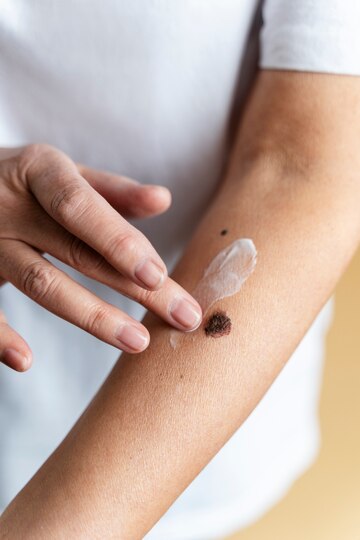
The most important early signs of melanoma are:
- a new mark on the individual’s skin
- a mark that does change in size, shape, or even color
Other signs include:
- a mark that does look rather different from others on the skin often referred to as an “ugly duckling” sign
- a sore that does not heal
- the pigment of a person’s mark does spread outside of one’s border and into the surrounding skin
- redness or even swelling outside of the border
- changes in sensation on as well as also around the mark, which can be itchy, tender, or perhaps painful
- changes in the surface of one’s mark, which can look scaly or lumpy, or can ooze or even bleed
When to contact a doctor
If spotting any potential signs of skin cancer, then talk with a doctor.
How to check one’s skin?
Steps to check for signs of skin cancer:
- use of a full-length mirror, examining the front and back of one’s body, then the left and also right side, with arms raised.
- Looking at the palms of one’s affected person’s hands, forearms, as well as underarms.
- Look at the soles of the feet, between the toes, and the legs.
- Use a hand mirror, and look at the neck and also the scalp.
- Make use of a hand mirror, and check the back and the buttocks.
Treatment
The right treatment does depend on the person and whether their cancer has spread.
Doctors tend to suggest the following treatments or a combination of them:
- Surgery
- chemotherapy
- immunotherapy
- radiation therapy
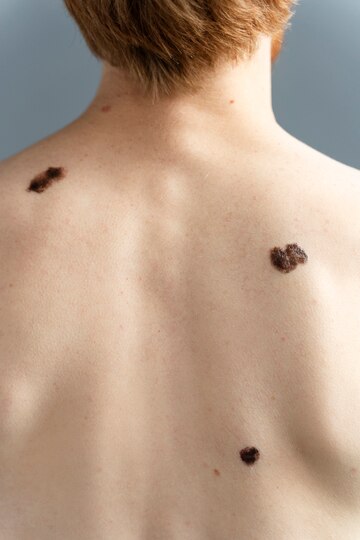
Skin Cancer Symptoms
Doctors can talk about a person’s outlook in terms of 5-year survival rates. The survival rates do differ according to the stage, or severity, of cancer. Doctors typically define skin cancers as:
- localized, meaning cancer has not spread
- regional, meaning cancer has indeed spread to nearby parts of one’s body
- distant, meaning cancer has rather spread to distant parts of the body
Each of these stages has no doubt a different 5-year survival rate.
Prevention
Too much exposure to ultraviolet (UV) rays can cause most skin cancers. UV rays from the sun, tanning beds, and also sunlamps can all damage skin cells.
People can indeed help prevent skin cancer. How?
- cover the arms and legs
- wear a hat that does provide shade to the face, head, ears, and also neck
- wear sunglasses that block UV rays
- use sunscreen with a minimum sun protection factor (SPF) of 15
- do not use tanning beds or sunlamps
Conclusion
People can rather help prevent skin cancer by limiting sun exposure and also avoiding indoor tanning.

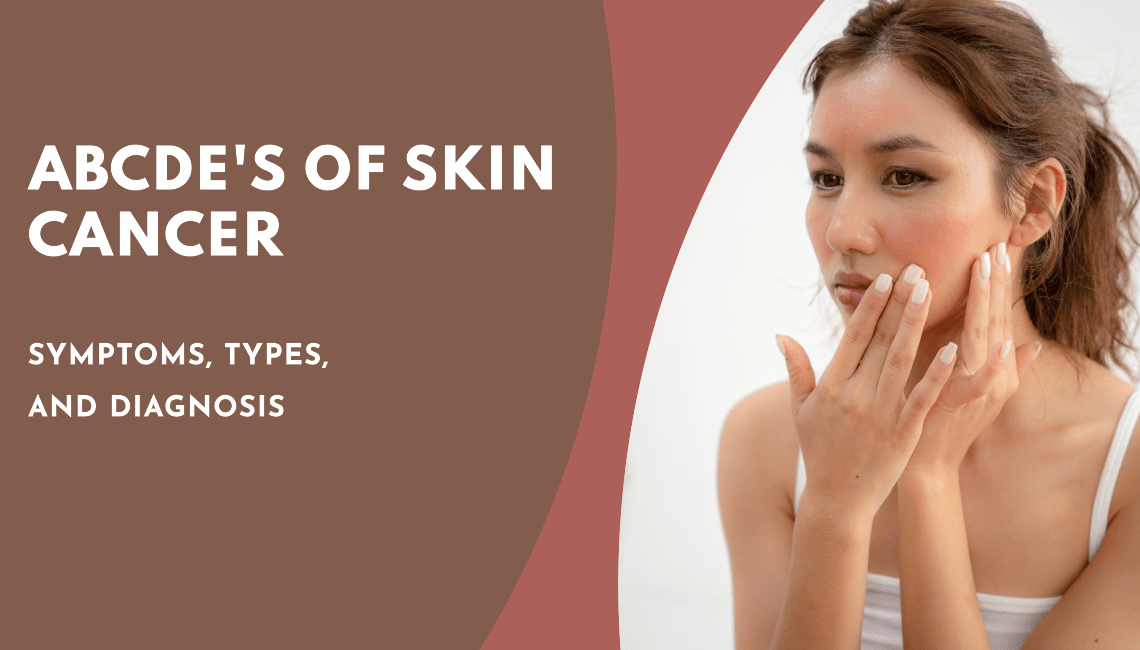



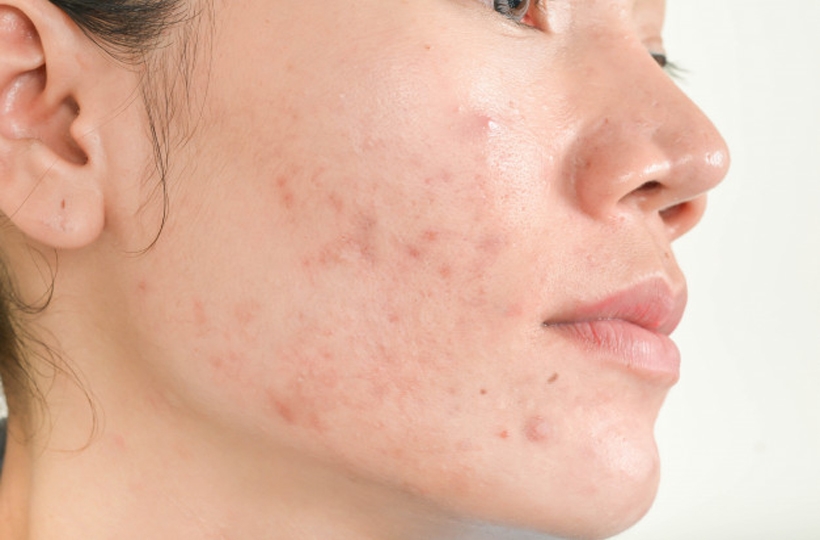
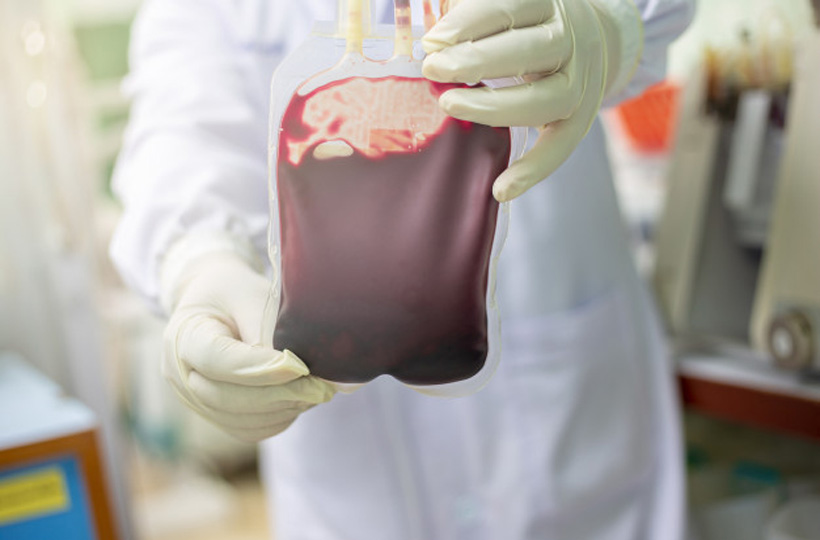
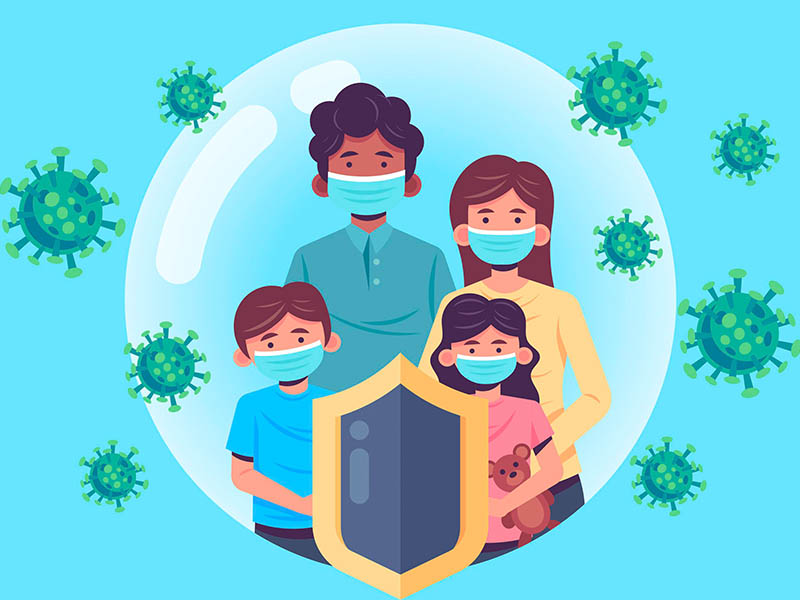
There are no comments